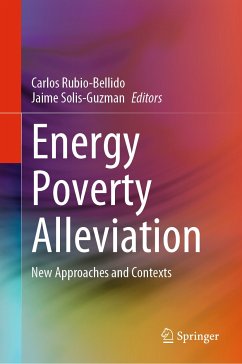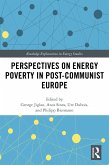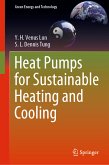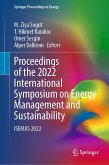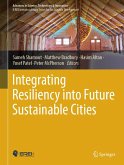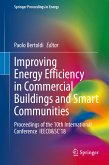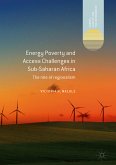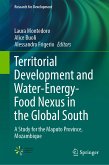The book is divided in two main blocks. The first part, New Approaches, involves novel assessments and concepts from a global and multidisciplinary point of view. The second part, Contexts, offers new theoretical diagnoses focused on case studies of different scales from around the world, and concepts for future trends.
Energy Poverty Alleviation will be of interest to policy makers, stakeholders, academics and researchers with knowledge in the energy poverty field.
Dieser Download kann aus rechtlichen Gründen nur mit Rechnungsadresse in A, B, BG, CY, CZ, D, DK, EW, E, FIN, F, GR, HR, H, IRL, I, LT, L, LR, M, NL, PL, P, R, S, SLO, SK ausgeliefert werden.

